WHO designates new strain as 'Variant of Concern'; Name it Omicron
Sat 27 Nov 2021, 10:07:11
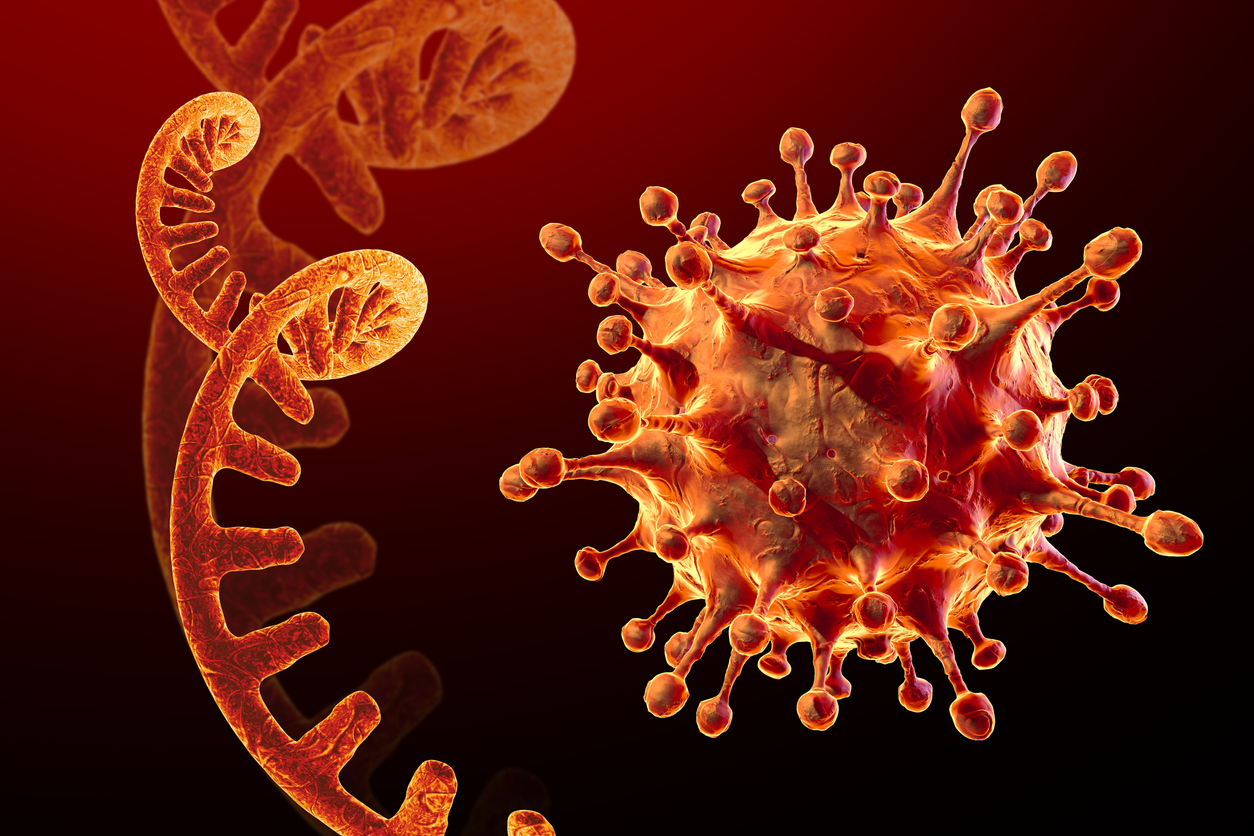
World Health Organisation has named the new COVID-19 variant B.1.1.529, which was detected in South Africa, as 'Omicron', saying it may spread more quickly than other forms. After a closed meeting of independent experts who reviewed the data, the WHO said, preliminary evidence suggests there is an increased risk of reinfection and there had been a detrimental change in COVID-19 epidemiology. It said, infections in South Africa had risen steeply in recent weeks, coinciding with detection of the variant now designated as omicron.
This variant has a large number of mutations, some of which are concerning.
Preliminary evidence suggests an increased risk of reinfection with this variant, as compared to other (variants of concern), the WHO added.
Preliminary evidence suggests an increased risk of reinfection with this variant, as compared to other (variants of concern), the WHO added.
The WHO said, this variant has been detected at faster rates than previous surges in infection, suggesting that this variant may have a growth advantage. Current PCR tests continue to successfully detect the variant, it said.
Earlier, the WHO cautioned countries against hastily imposing travel restrictions linked to the variant of COVID, saying they should take a risk-based and scientific approach.
No Comments For This Post, Be first to write a Comment.
Most viewed from Health
AIMIM News
Latest Urdu News
Most Viewed
May 26, 2020
Can Lionel Messi's visit boost Indian football?
Latest Videos View All
Like Us
Home
About Us
Advertise With Us
All Polls
Epaper Archives
Privacy Policy
Contact Us
Download Etemaad App
© 2025 Etemaad Daily News, All Rights Reserved.

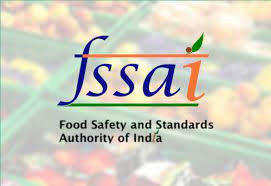

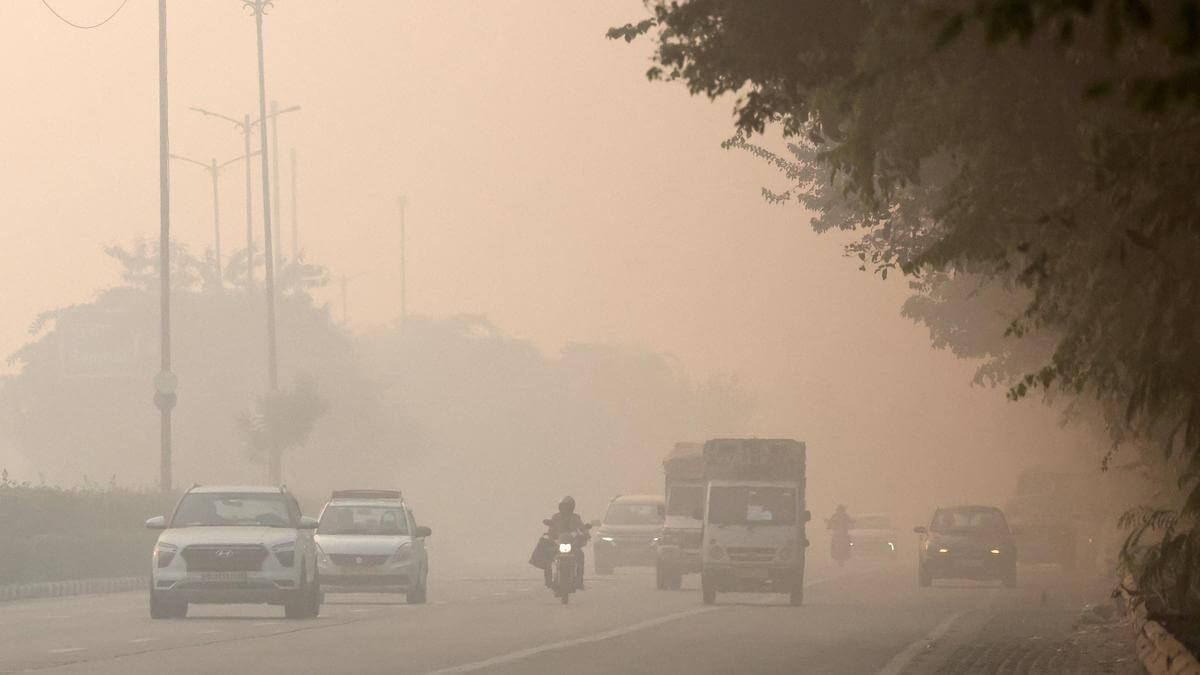
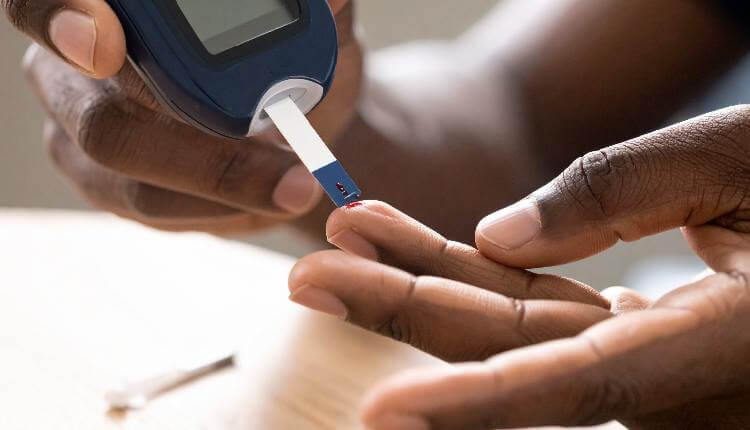





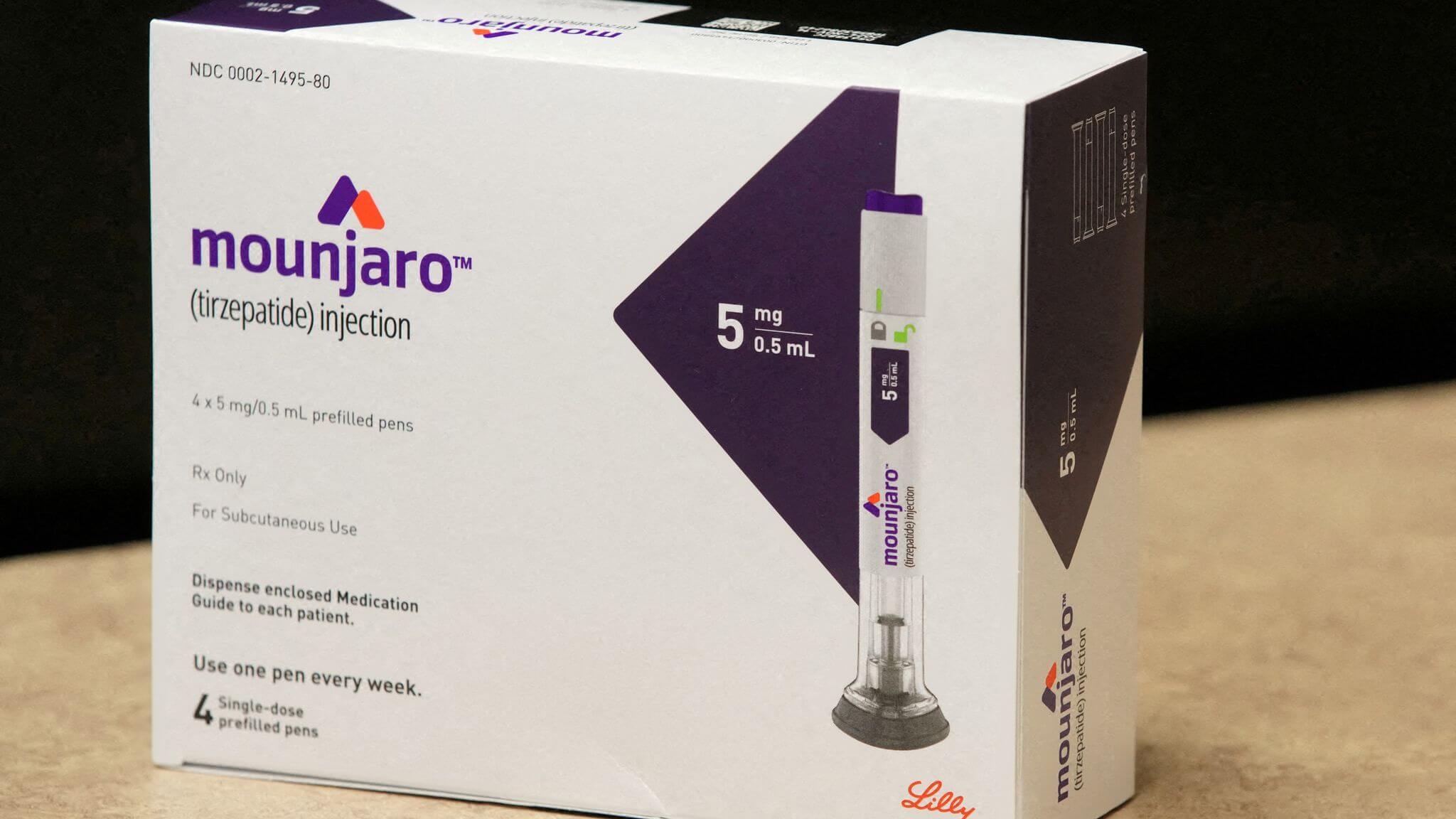

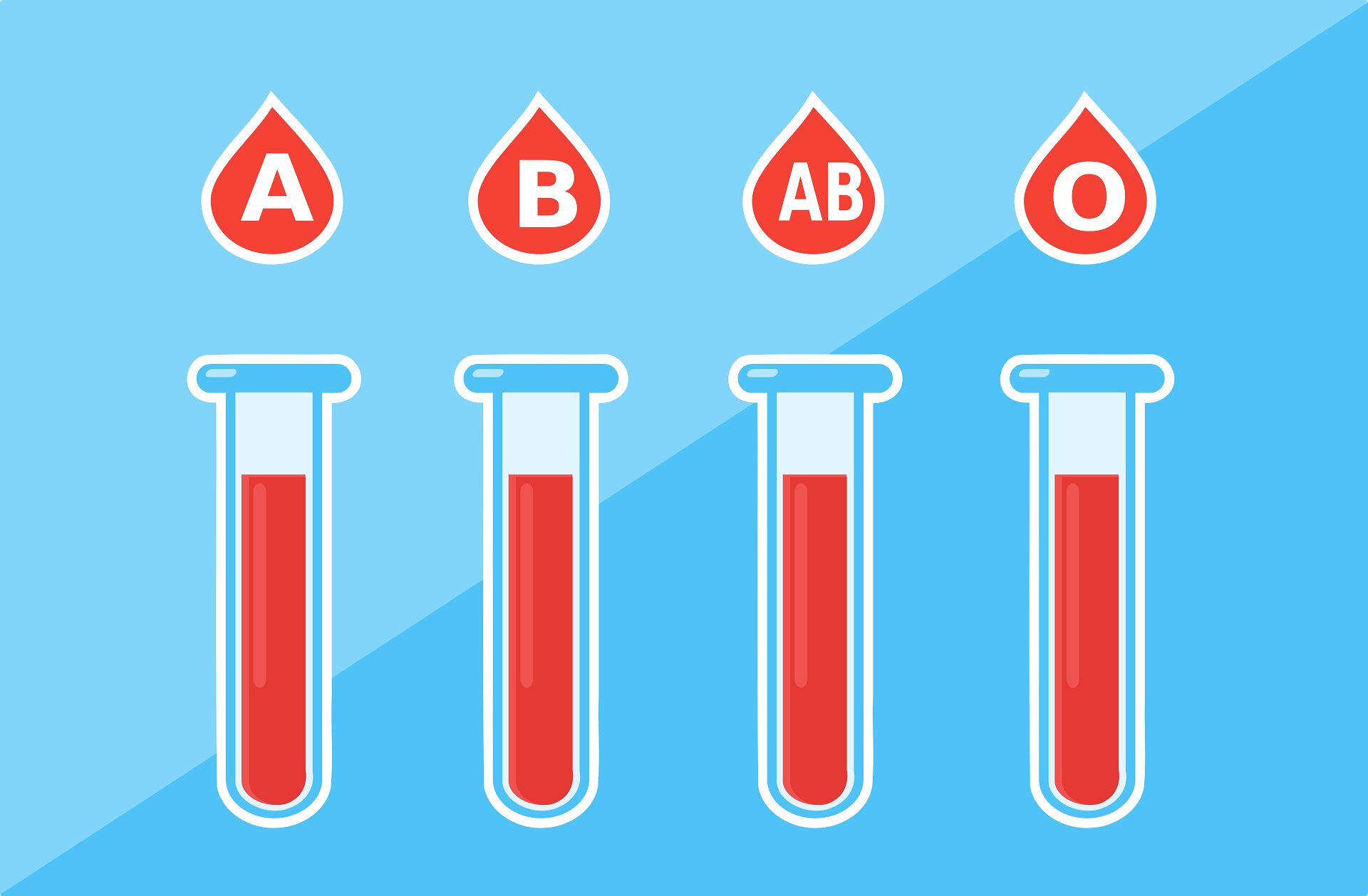












.jpg)
.jpg)
.jpg)


